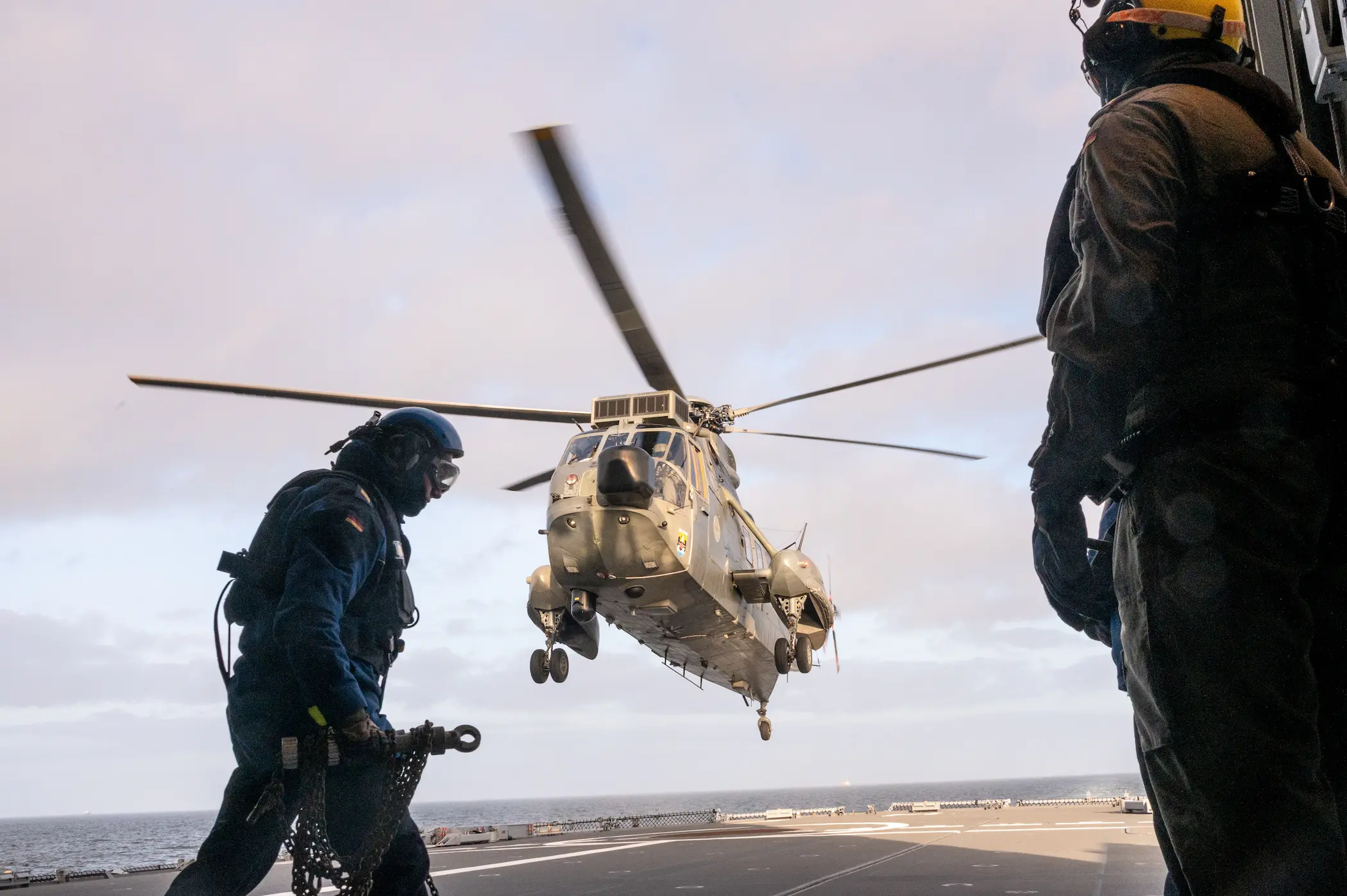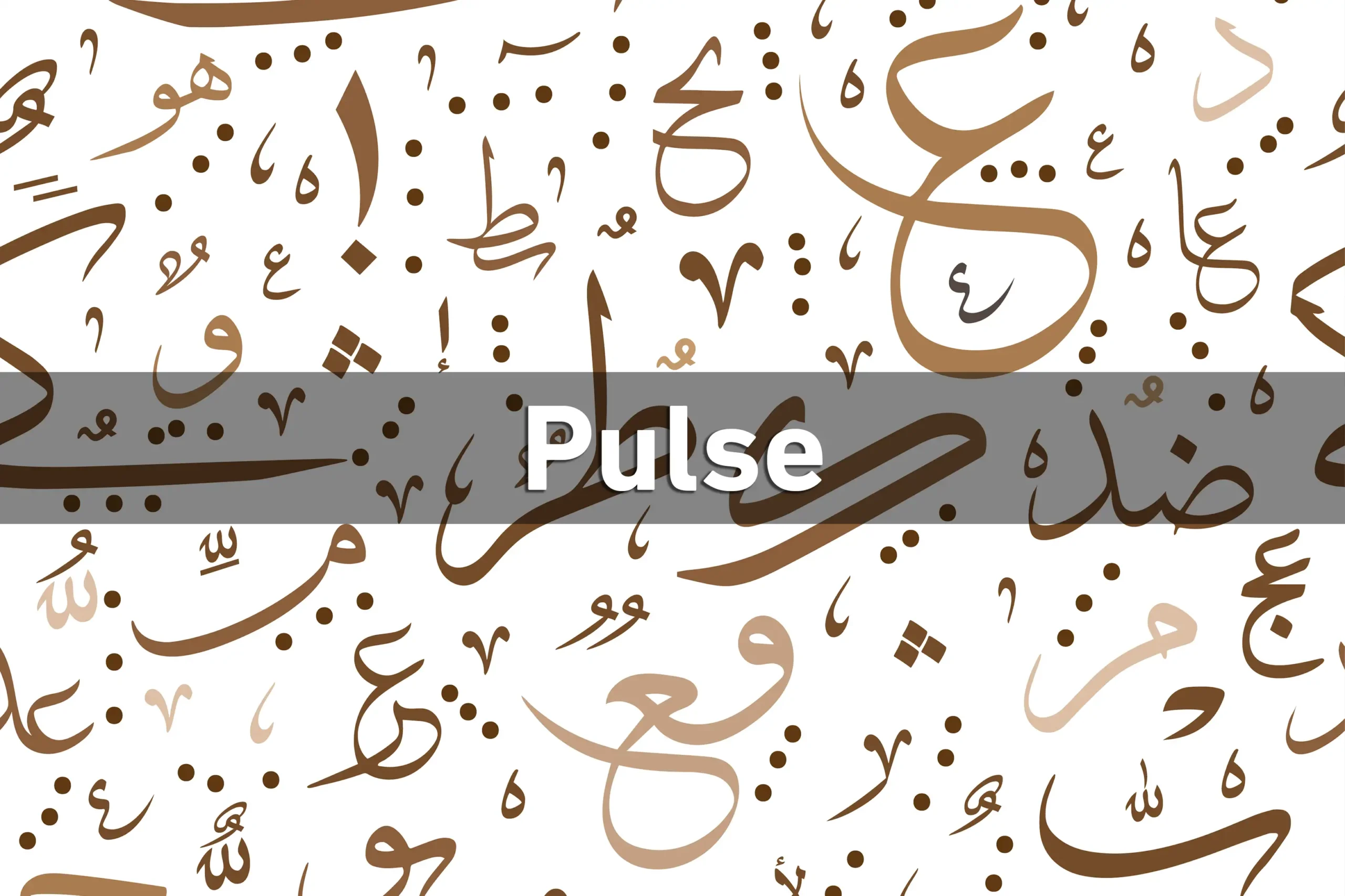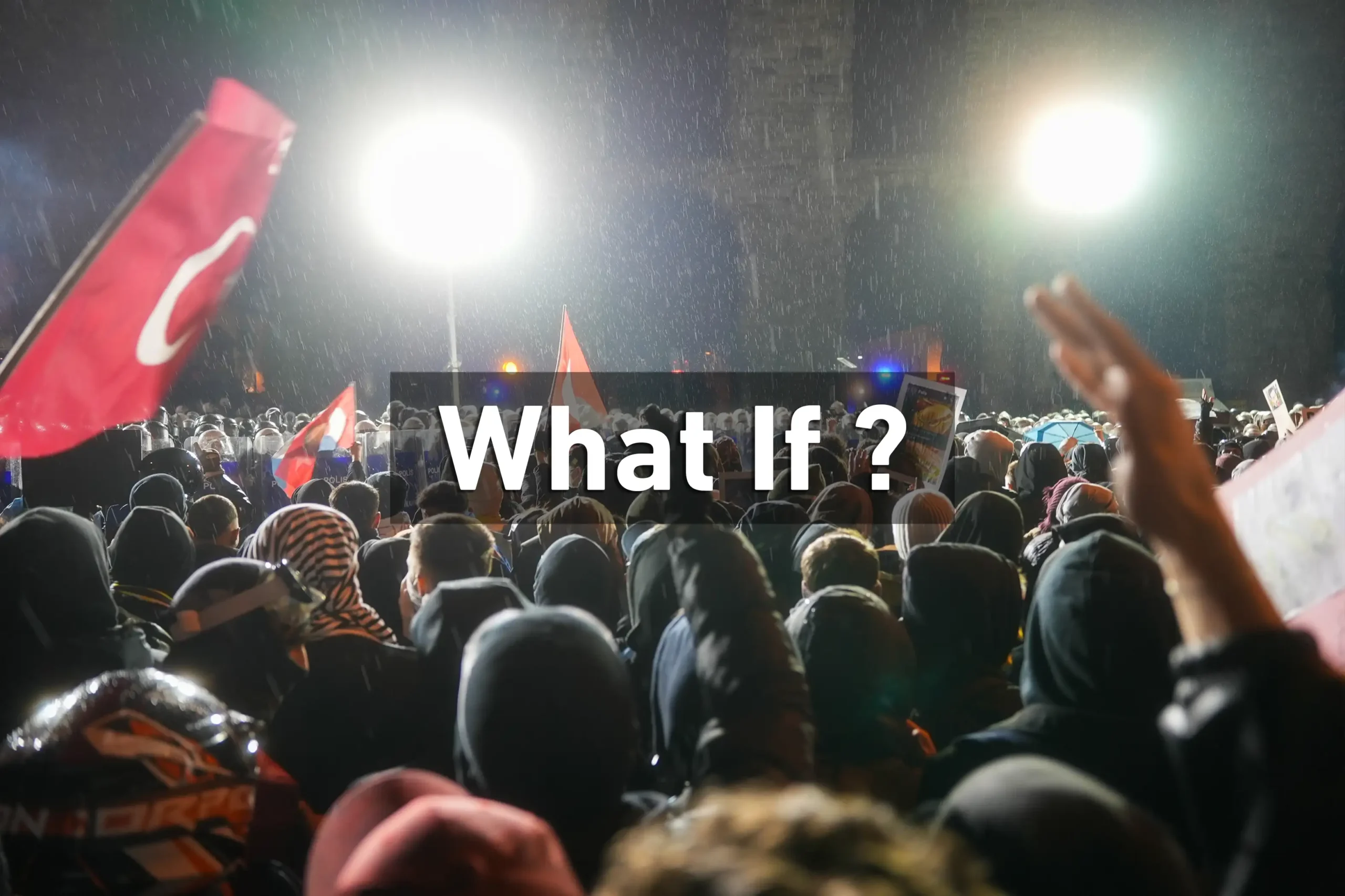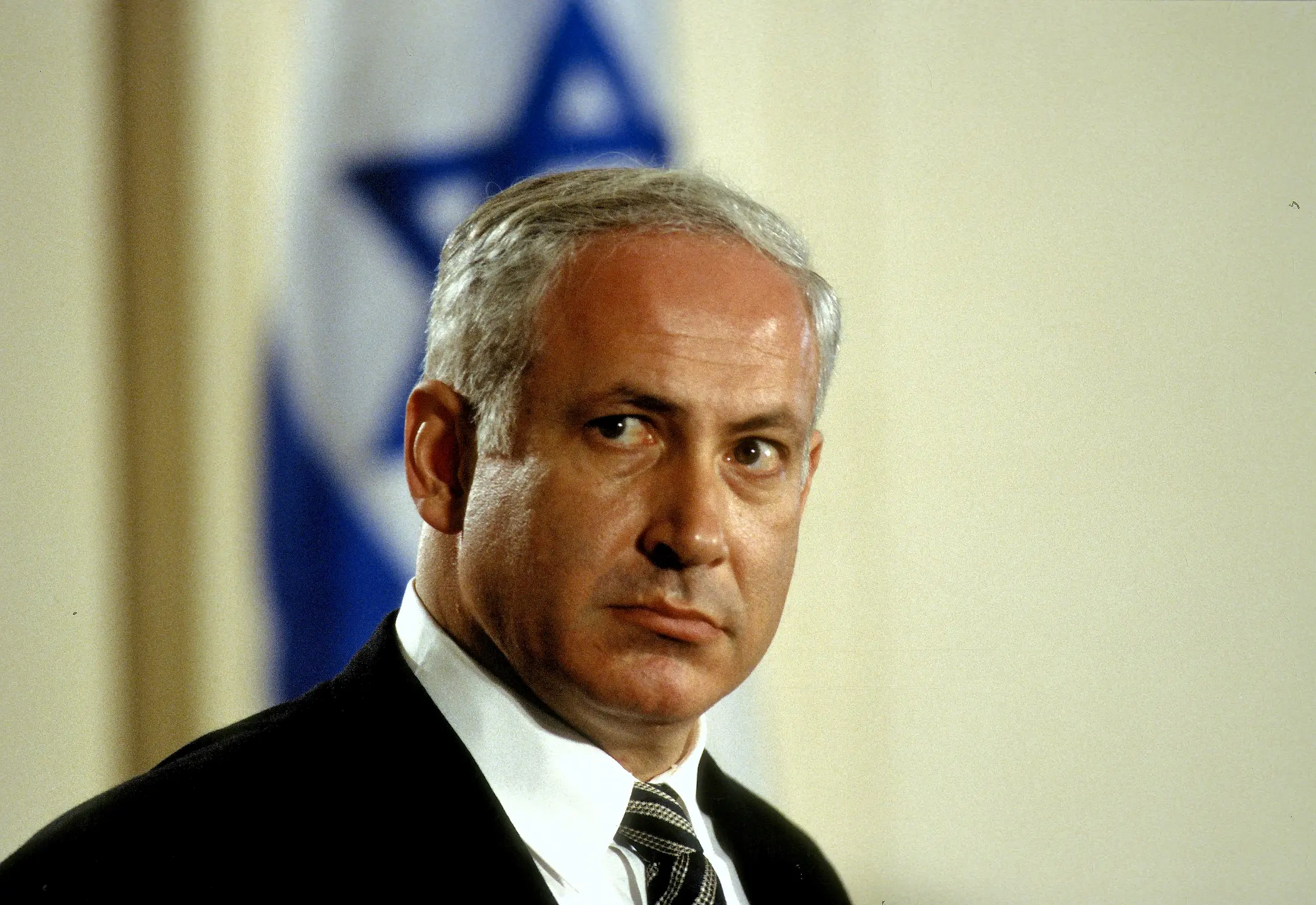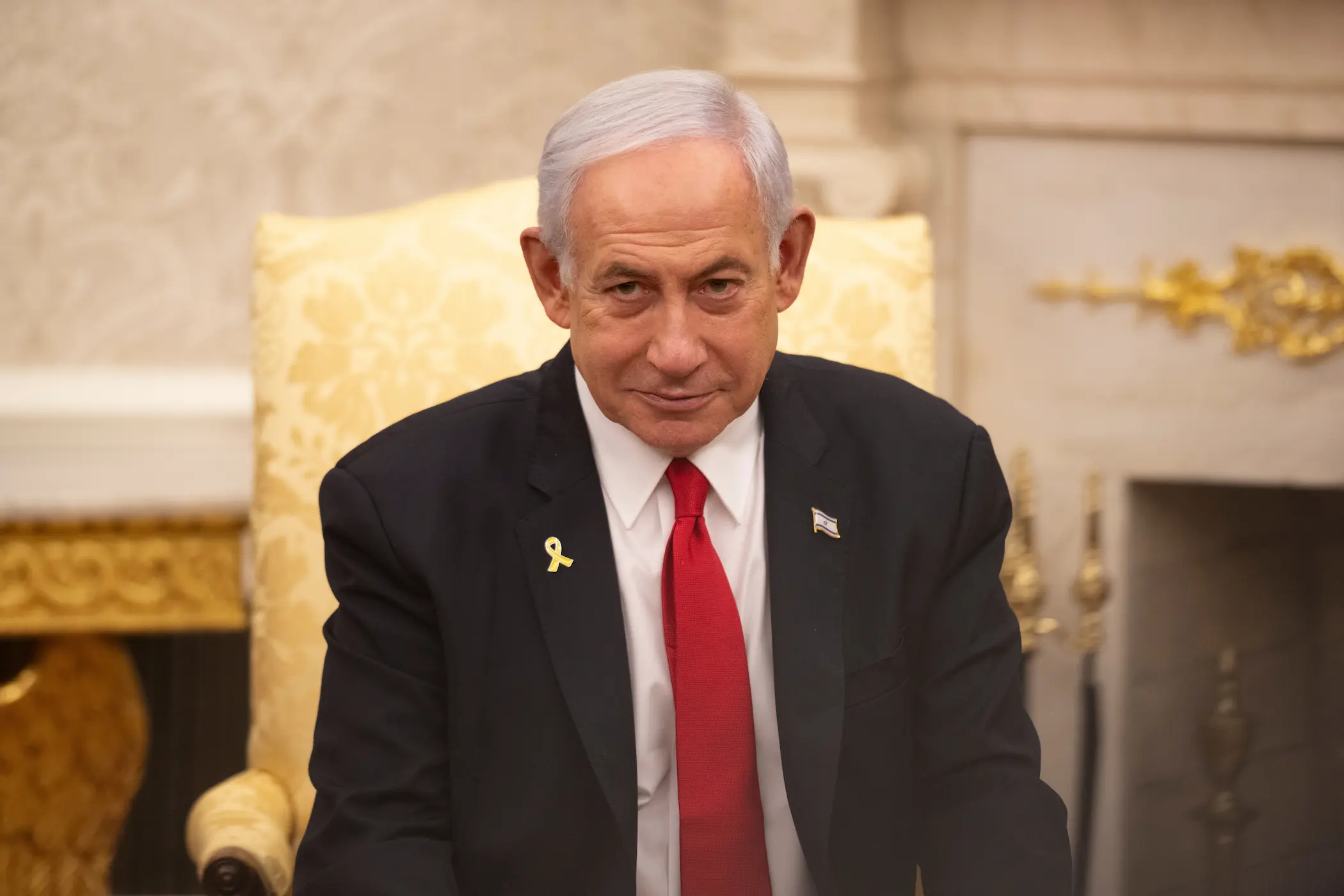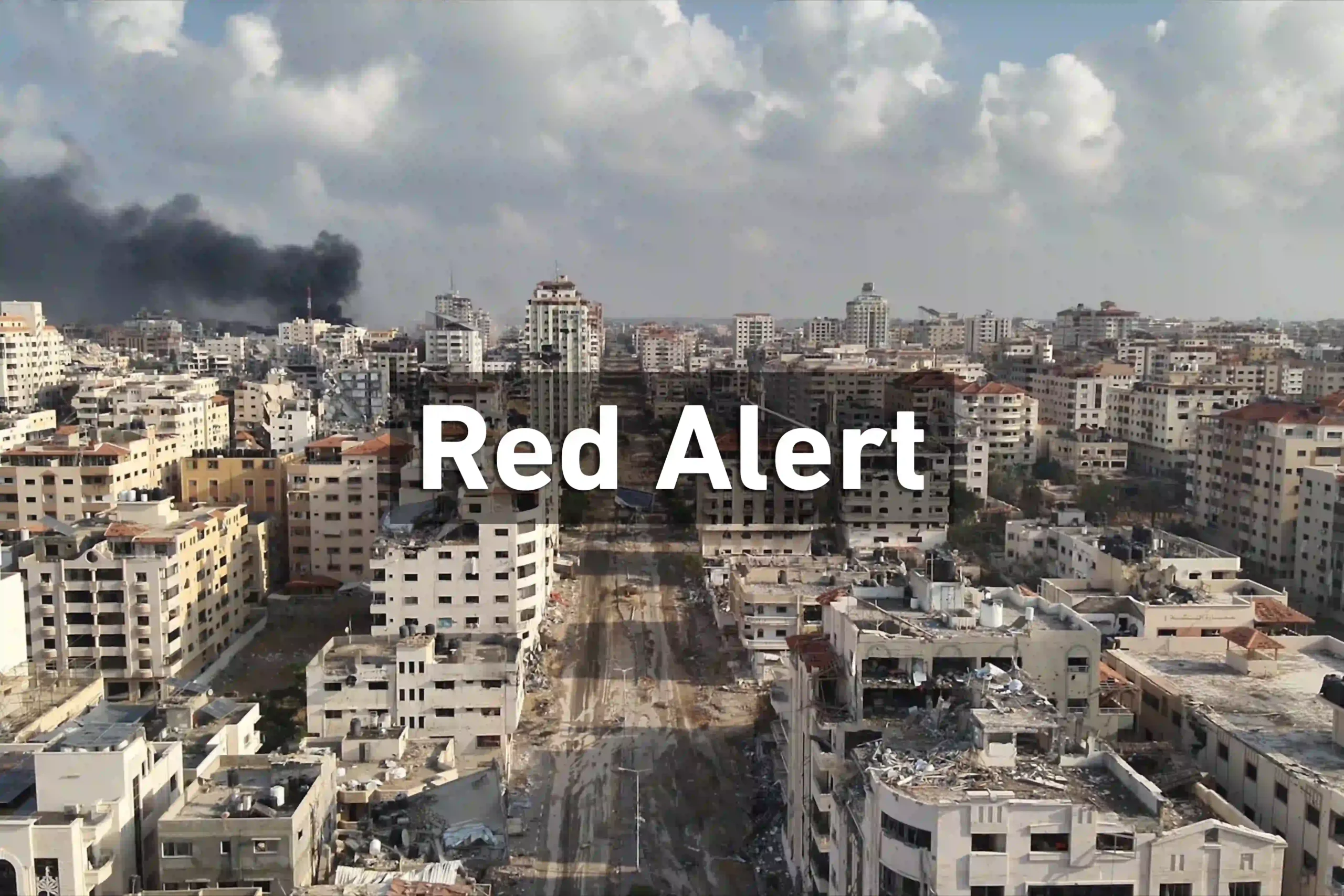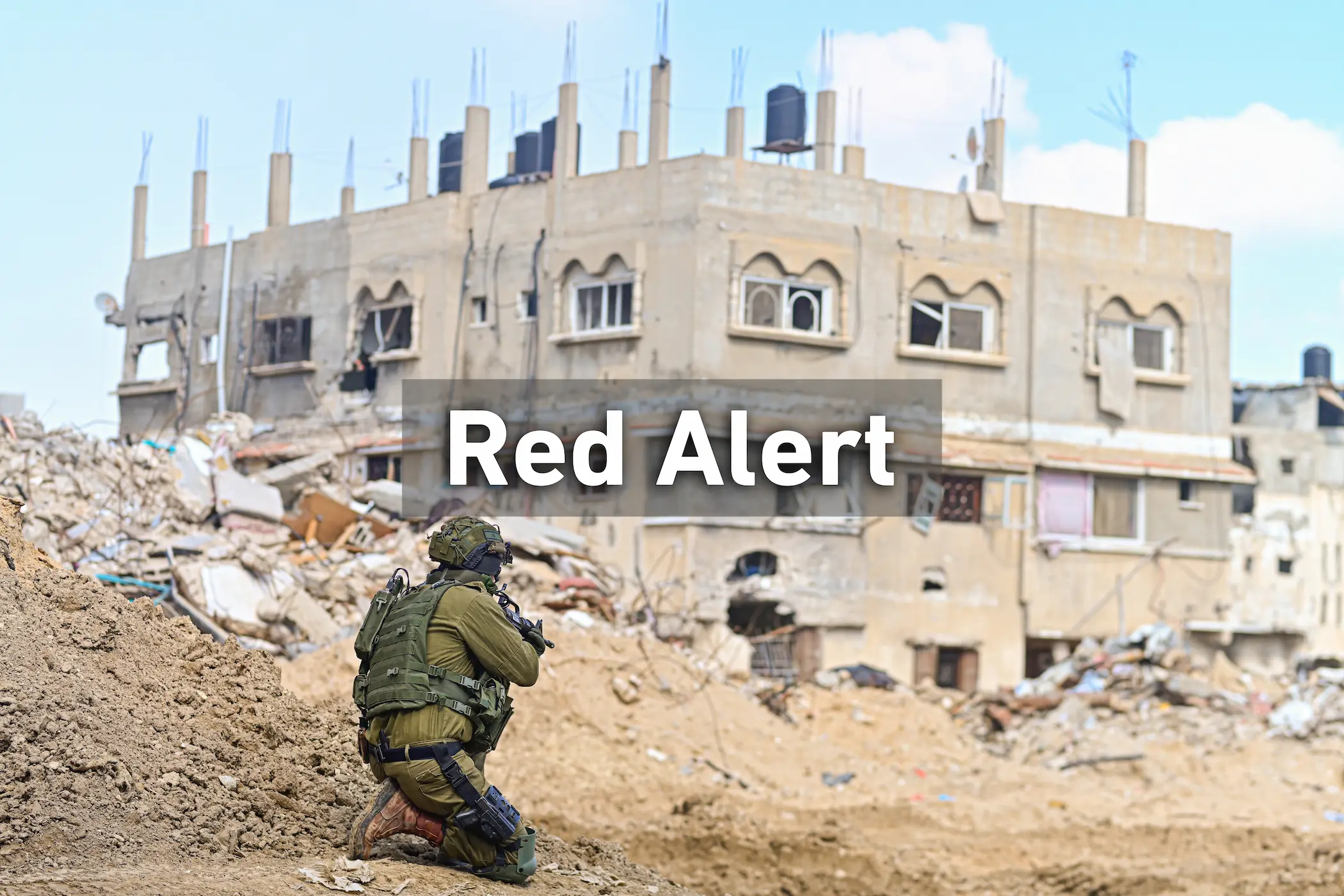30 Oct 2025
Embryo Futures: Life Without Eggs or Sperm
In a world where reproduction no longer requires bond, lineage, or even
parents, humanity has severed its oldest bond: the family. By 2070, governments no longer wait
for couples to conceive, they manufacture life in humming factories of glass and steel, raising
entire generations in artificial wombs. Children emerge without mothers or fathers, only the state
and its machines.
Embryo Futures: Life Without Eggs or Sperm, a story from AHRC’s Futures Imagined series,
envisions a tomorrow where population decline is met not with reform but with replacement. At
once a tale of survival and of loss, it asks what becomes of identity, belonging, and love when
society decides that human roots are optional.
Futures Imagined is a publication exploring emerging trends through imaginative forecasting. Rather than relying on strict methodologies, this piece invites AHRC writers to creatively narrate a possible future reality shaped by current developments.
17 Oct 2025
Robotics, China, and MENA: The Battle for Industrial Sovereignty
China’s robotics drive is no longer just a story of factories becoming more efficient but a story of a new industrial revolution. Each year, hundreds of thousands of new machines are deployed across its production lines, reshaping global supply chains and altering the balance of technological power. For the Middle East and North Africa, this shift raises questions that cannot be postponed. Automation is moving from the margins to the centre of economic strategy, and regions that fail to build capacity risk being locked into systems designed elsewhere.
The future of robotics in MENA is therefore not only about who installs machines the fastest, but about who sets the standards, who controls the data, and who determines the terms of industrial competition. The region’s next chapter will hinge on whether it becomes a maker of the technologies that define the century, or simply a consumer of them.
14 Oct 2025
Not All Quiet on the Western Front: Europe’s Next War
“Poland is at its closest to open conflict since World War Two,” warned Prime Minister Donald Tusk, after a sudden Russian airspace violation rattled the country. On September 9, a swarm of Russian drones entered Polish skies, prompting NATO aircraft to scramble and intercept several of them. It marked the first direct encounter between NATO and Moscow since Russia’s full-scale invasion of Ukraine on February 24, 2022. While the incident might have been a test by Putin to gauge NATO’s and Europe’s response, it also raises the specter of a potential war between Poland and Russia. Given Poland’s critical role within NATO and the EU, far greater than Ukraine’s, the implications of such a conflict would place the entire continent in Jeopardy. The pressing question now is: how likely is this war to erupt, and would Europeans bear the brunt?
29 Sep 2025
Pulse: Arabic Language and Regional Security
This Pulse survey, conducted in August 2025, examines public perceptions of the Arabic language and its role in shaping regional identity, security, and cohesion. The findings shed light on how populations view the weakening of Arabic as a potential threat, not only to cultural and social unity, but also to economic stability and national security. By exploring both immediate and long-term concerns, the survey provides valuable insights into how language is perceived as a pillar of resilience in the Arab world.
29 Sep 2025
What if the Turkish Judiciary Invalidates the 2023 CHP Leadership Elections?
The Republican People’s Party (CHP) managed to achieve a noticeable electoral victory against the ruling Justice and Development Party (AKP) in the latest local elections that were held on 31 March 2024. However, the joy of victory did not last long, as the Mayor of Istanbul, Ekrem İmamoğlu, was arrested for corruption charges before being ousted from his position as the Mayor of Istanbul. The investigation into corruption charges revealed that the CHP leadership elections held on 4–5 November 2023, which resulted in the election of Özgür Özel as the party’s leader, might have involved illegal activities that could have jeopardised the transparency of the outcome. As a result, the Turkish judiciary is investigating this issue at the moment. On Monday, Sept. 15 2025, a Turkish court in Ankara held a hearing in a case questioning the legitimacy of the CHP’s 2023 leadership election (the 38th Congress), alleging irregularities like vote-buying, meaning that the outcome of the CHP leadership elections may be invalidated. If it happens, the impact on the CHP and electoral map in Turkey could be massive.
22 Sep 2025
Seasteading: Radical Vision or Dystopian Future?
The idea of building floating cities at sea has long drifted between science fiction fantasy and Silicon Valley ambition, but in the late 2000s it developed into a real-world project known as seasteading. Presented as a bold libertarian experiment, it promised an escape from taxes, governments, and regulations, offering wealthy backers the chance to create new societies beyond the reach of any state. For its supporters, this was not about fixing broken systems but about starting from scratch in international waters, rewriting the rules in the name of freedom, innovation, and limitless possibility.
Yet as this idea edges closer to reality, the questions it raises grow more urgent: who are these new societies really for, and who will inevitably be excluded? In a world already marked by widening inequality and an accelerating climate crisis, floating cities may not look like visions of the future so much as warnings about the present.
22 Sep 2025
From Diplomacy to Expansion: Netanyahu’s Unpredictable War Path
Netanyahu’s ambitions are no longer confined to diplomacy or the pursuit of normalisation agreements. The Abraham Accords, once seen as his utlimate goal of his contemporary regional strategy, now appear irrelevant, cast aside in favor of a far more aggressive vision. What is unfolding is not the politics of peace but the politics of expansion, where no Arab country can assume immunity. The question of which state will be targeted next is impossible to predict, precisely because Netanyahu’s actions are driven less by rational calculation than by the confidence that comes with unconditional American support. Few could have imagined that Doha, with its U.S. military base and status as a close Washington ally, would be struck, yet it happened. This unpredictability signals a dangerous reality: the scale of war is set to widen, and any country in the region could find itself Israel’s next target.
18 Sep 2025
An Isolated Israel
Israeli Prime Minister Benjamin Netanyahu recently acknowledged that Israel is entering a phase of economic and political isolation internationally, largely due to its ongoing military actions in Gaza. He warned that this isolation may last for years and insisted that Israel must adapt by becoming more self-sufficient, especially in its weapons manufacturing capabilities. Netanyahu described this shift as moving toward an economy with "autarkic characteristics," a term he said he despises since he has long supported free-market policies. Nonetheless, given potential export bans and economic sanctions, he emphasized Israel's need to be both "Athens and super-Sparta," implying a combination of intellectual and military self-reliance to withstand these challenges.
His comments are a rare admission that Israel faces significant global backlash and diplomatic estrangement due to the nearly two-year war in Gaza. Several Western countries, such as Spain, have cancelled arms deals with Israel over the war, with a U.N. Independent International Commission finding that Israel is committing genocide, and a slew of other countries have officially recognized a Palestinian State.
Netanyahu's remarks mark a rare acknowledgment of the changing international environment around Israel. This mounting isolation not only underscores Israel’s diplomatic challenges but also highlights the growing vulnerabilities within its economy, as sanctions, boycotts, and the loss of arms contracts emerge as direct consequences of its genocide in Gaza.
17 Sep 2025
The GPS Battlefield: The Invisible War in the Middle East
Wars are no longer confined to missiles, drones, or soldiers on the battlefield; increasingly decisive struggles are taking place in the invisible realm of signals that quietly guide planes through the sky, ships across narrow straits, and even the timing of financial markets. At the heart of this new contest lies the Global Positioning System (GPS), once praised as a scientific triumph and gifted to the world as a free public good, increasingly repurposed into a weapon that is inexpensive to disrupt, difficult to trace, and capable of inflicting consequences far beyond the battlefield.
The recent jamming of European Commission President Ursula von der Leyen’s aircraft served as a stark reminder that even the highest levels of leadership are not immune, but what may appear to be isolated incidents in Europe are in fact part of a broader pattern that has taken deep root in the Middle East. In a region where the world’s most critical energy chokepoints converge, navigation interference is no longer a rare abnormality but an increasingly routine feature of conflict, carrying implications that stretch from military readiness to economic stability and, ultimately, to the daily lives of millions.
10 Sep 2025
Red Alert: Israel Orders Full Evacuation of Gaza City
In a further escalation of the nearly two-year war, Israel on Tuesday ordered the full evacuation of Gaza City, home to roughly a million Palestinians, ahead of what Prime Minister Benjamin Netanyahu described as the “beginning” of an intensified ground manoeuvre.
The Israel Defense Forces (IDF) dropped thousands of leaflets instructing residents to flee south toward the overcrowded al-Mawasi “humanitarian zone,” while airstrikes targeted high-rise towers and urban neighbourhoods. The decision marks a turning point in Israel’s campaign, signalling a shift from partial military control of Gaza City to full occupation.
24 Aug 2025
How AI Will Reshape, Not Ruin, Stability
As enthusiasm for Artificial Intelligence (AI) grows each day, so too does anxiety about its potential impact on jobs and overall societal stability. Several studies highlight the possibility that full automation could disrupt economic and political systems. While these concerns are valid and should not be dismissed, it is important to remember that, like any other transformative technology, AI can be both celebrated for its potential and feared for its risks.
A stable society cannot function without a labour force; removing it entirely would violate basic economic principles such as supply and demand, while also undermining political stability, which depends on the resilience of the middle class. These structural realities suggest that, rather than erasing human work altogether, AI will likely be both automatically and deliberately integrated in ways that preserve social and economic balance. From this perspective, the future shaped by AI is not as dire as some anticipate.
5 Aug 2025
Red Alert: Netanyahu Plans Full Invasion of Gaza
Prime Minister Benjamin Netanyahu will convene Israel's Security Cabinet on Aug. 05, 2025 to approve plans for a full military takeover of the Gaza Strip, marking a critical escalation in the conflict with Hamas. The proposal, however, faced strong opposition from within the Israeli military and from hostage families, who raised serious concerns about the humanitarian impact and operational risks. While the Israel Defence Forces (IDF) already controls around 75% of Gaza, Netanyahu pushed to expand military operations to cover the entire territory, including densely populated areas believed to harbour hostages—a plan opposed by IDF Chief of Staff Lt Gen. Eyal Zamir. This decision came after ceasefire and hostage negotiations collapsed, with Netanyahu stressing the objectives of defeating Hamas, securing the release of hostages, and neutralising Gaza as a future threat to Israel.
In a dramatic development, Netanyahu cancelled a planned visit by Lt Gen. Zamir to Washington upon briefing him on the new direction and accelerating strategic shifts. Zamir explicitly rejected the proposed plan, threatening resignation if it were approved. The military’s reservations centred on fears for the hostages’ lives, particularly in areas such as Deir al-Balah that had not been fully “cleansed” of Hamas fighters. Additionally, IDF leadership expressed concerns about the erosion of the army’s combat capabilities, citing manpower shortages after nearly two years of continuous conflict, thereby urging a more cautious containment strategy that would exert pressure on Hamas without engaging in a protracted and expansive occupation.


